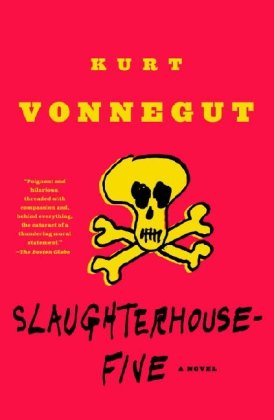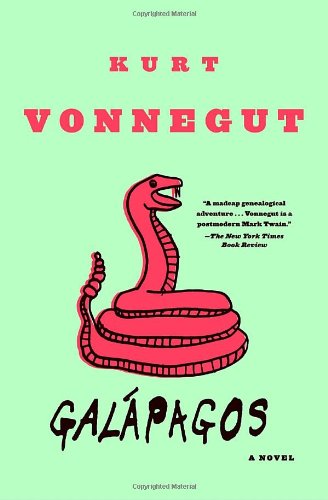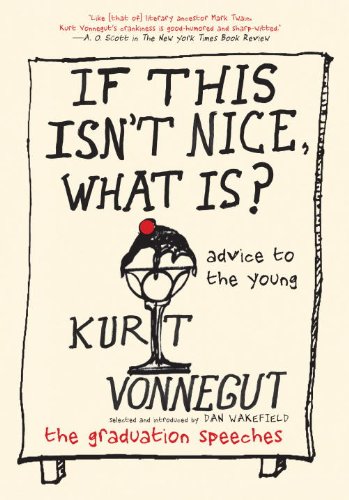The Sirens of Titan by Kurt Vonnegut
The Sirens of Titan is a tough book to review. And it’s not really SF at all though it adopts the trappings of the genre. The thing about Kurt Vonnegut’s books is that they are so deceptively simple. The prose is spare, humorous, ironic, and to the point. And yet the story is very ambitious, as it seeks to provide answers to some very basic questions. Why do we exist? What is the universe for? Do we have any free will to determine our lives?
Read More

 (1922- )
(1922- )












COMMENT Book #3 of this trilogy is very much a heist story, and I quite enjoyed it!
Pirate stories and heist stories... Do we ever get enough of them?
Very interesting, Ulrich! Thanks for clueing me in!
So happy to hear that you enjoyed this article, Spacewaves! It was something of a labor of love for me,…
I absolutely loved this exploration of Edwige Fenech's contributions to the giallo genre! Her unique blend of charm and thriller…